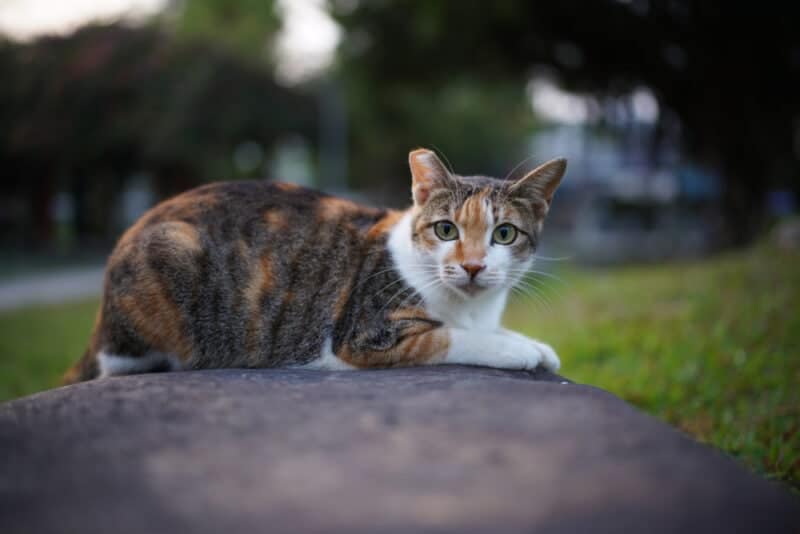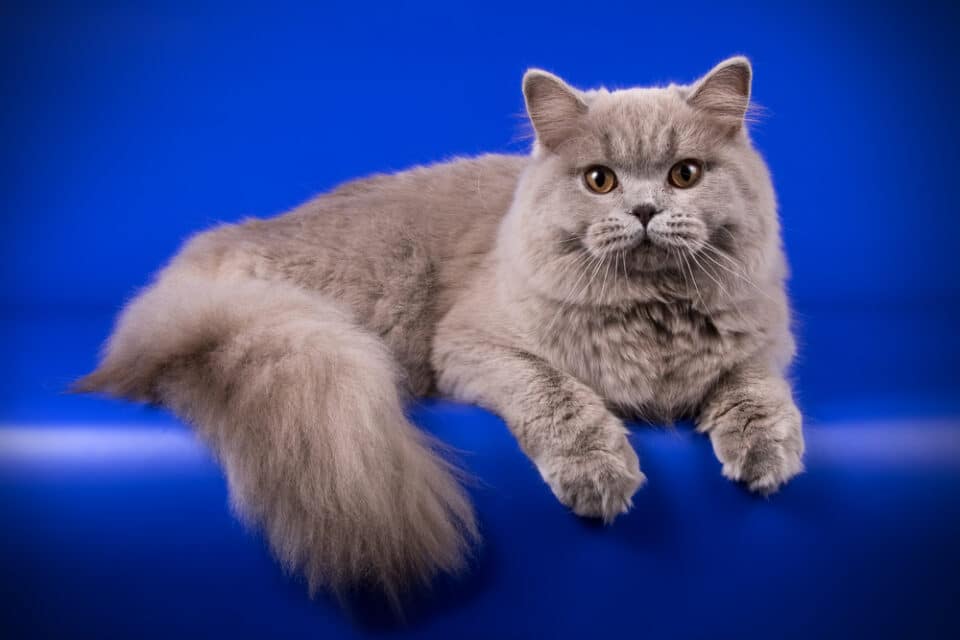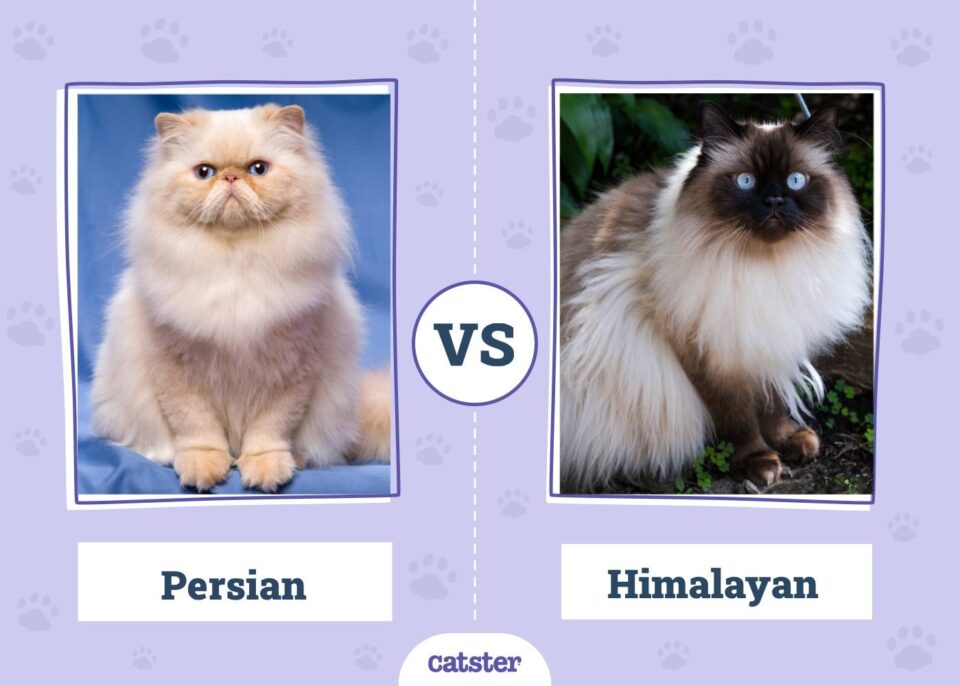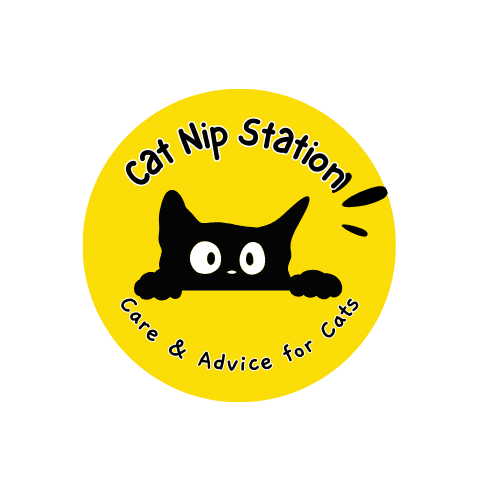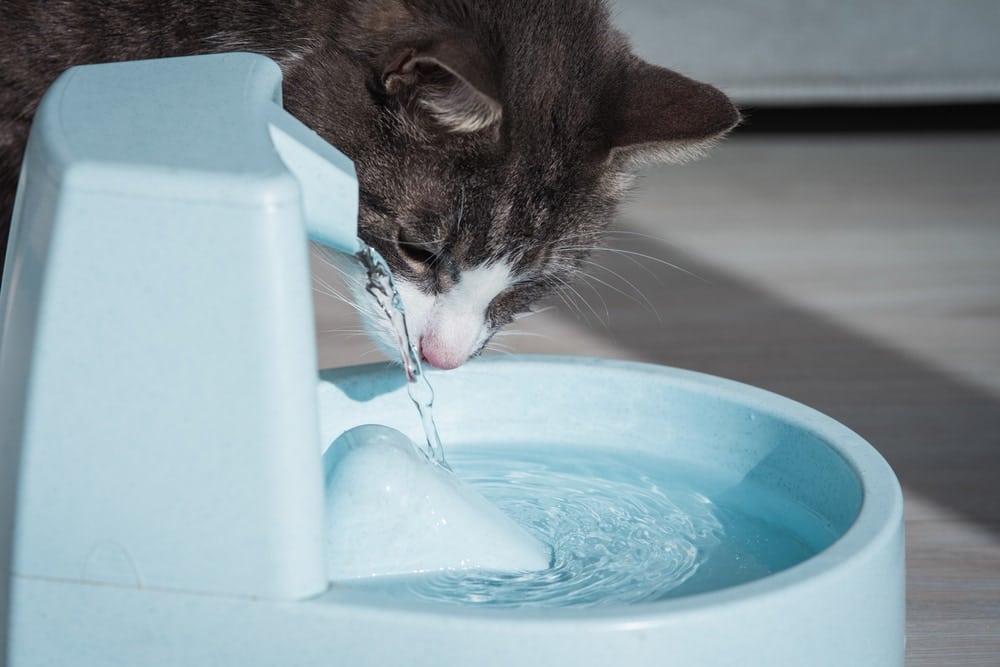You’ve heard your house cat purr, a comforting sound that signals all is well. But what about the elusive feral cats roaming your neighborhood? Do they purr too, or is that behavior reserved for their domesticated cousins? Well, let’s dive in and discover whether these wild wanderers have the same melodic hum.
A purr is essentially the sound made when a cat’s vocal cords vibrate while air passes over them during breathing. Unlike conscious meows used to communicate with us, purring is a more instinctual action controlled by a cat’s brain. The muscles around their vocal cords are busy creating those soothing vibrations as they breathe in and out. This means cats can meow and purr at the same time, an interesting tidbit about our feline friends’ vocal talent.
Feral cats, unlike strays, have had zero to very minimal human interaction, often leading lives entirely in the wild. These cats aren’t typically tamable and prefer to keep their distance from us, raising the question of whether they exhibit the same behaviors as our pets. While it might be hard to observe, experts agree that feral cats do indeed purr, mainly when they’re in comfortable, familiar settings, like with their family colonies.
Much like domesticated cats, feral cats have mothers who nurture them. These feral mothers bond with their kittens, teach them essential survival skills, and yes, they also share the art of purring. It’s a universal behavior, rather than one learned solely by domestication. Even in such a harsh environment, feral cats find moments to express happiness, relaxation, and to self-soothe through purring.
While cat owners often associate purring with happiness, this vocalization serves several purposes. Cats purr when it’s time for dinner, as if to express gratitude and anticipation for their meal. They’re also known to purr when relaxed and content, a signal of their trust and comfort.
Purring also plays a role in the mother-kitten bond. Newborns communicate with their mothers through purring, reinforcing the connection. Beyond emotional signaling, purring has physical benefits, such as promoting healing and recovery, even aiding bone health. In stressful times, cats will purr to calm themselves, a natural coping mechanism.
Feral cats lead tough lives, navigating a world with dangers at every turn and without human comforts. Yet, they still know how to purr, a trait they share with our pampered pets. While the opportunities for observing feral cats purring are limited, understanding that they do adds a layer of appreciation to these resilient animals. Their reasons for purring echo those of your house cat, underscoring a fascinating shared biology.
